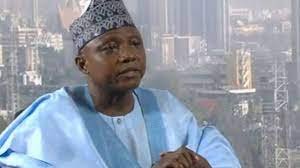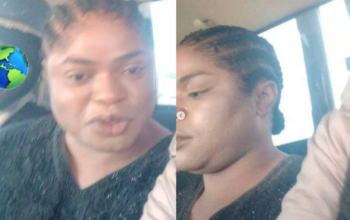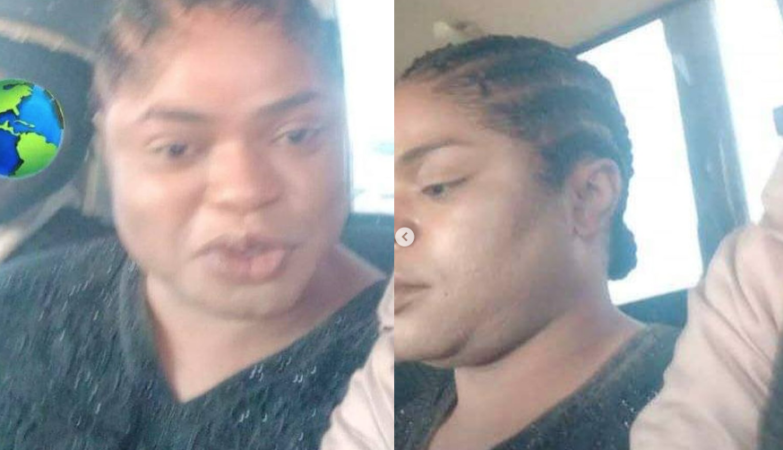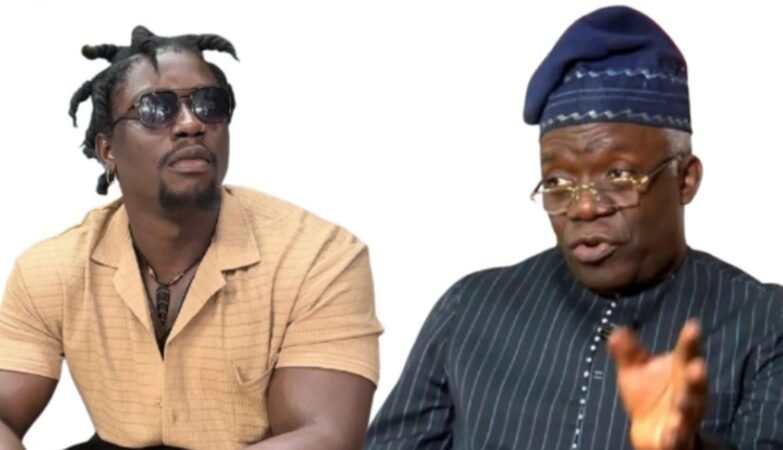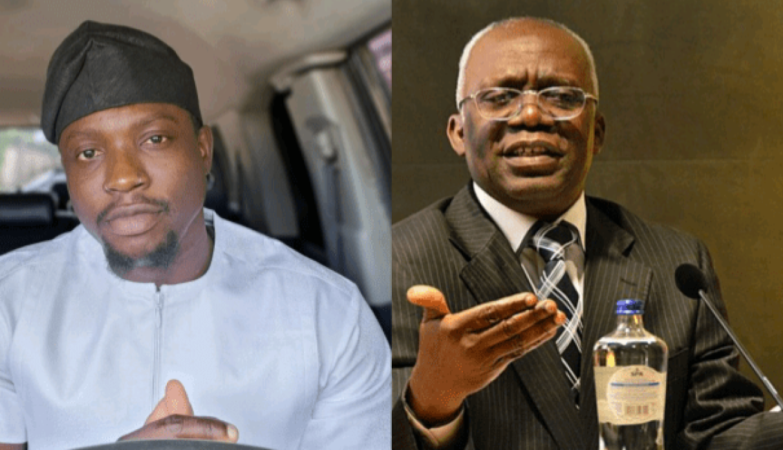Malam Garba Shehu was the Senior Special Assistant to former President Muhammadu Buhari on Media and Publicity. In this interview, he speaks on his experiences as a spokesperson to the Buhari administration, as well as former Vice President Atiku Abubalar, reactions to the former president’s medical trips and criticisms of the administration in spite of its achievements, among other issues.
You had worked with politicians before becoming the spokesperson of the former President Muhammadu Buhari administration. How would you describe your experiences?APC
Not many; I simply worked in the camp of Atiku Abubakar. I started working in television and went into newspaper production, then public relations. I worked at the Aluminum Smelter Company of Nigeria (ALSCON) in Ikot Abasi, Akwa Ibom State, from where I was called to serve as a spokesperson to former Vice President Atiku Abubakar. All of you know what happened.
It was six months into the tenure that somebody from the Nigerian Television Authority (NTA) called me and said, “We are going to announce your resignation tonight.” I said I didn’t resign, but government said I had resigned, so I had to leave. They said they had a letter stating that I resigned; and I said okay.
I joined the government in the second term of former President Olusegun Obasanjo, and from the beginning till the end, the president and his vice were fighting. My colleagues enjoyed, but I just came and met people fighting; and I was the first victim.
We just came back from an engagement at the National Institute for Policy and Strategic Studies (NIPSS), Kuru, Jos in Plateau State when the call came that I had resigned. The president determined that.
Atiku had his challenges, so it was even better for us that I was eased out of the State House. In his view, there were things we could do or say that holding government job in the State House would not allow. And I think he was right in that regard because we faced so many challenges. We had to make disclosures concerning the president himself and all of these things were in the press. So we were targeted.
I was arrested several times by the Department of State Service (DSS). I slept in their place. I was taken to Kuje prison. I went through trial. For more than two years, I didn’t have a passport. I was barely on bail until I was discharged and acquitted. So, it was trouble all through until he (Atiku) donated our team to Muhammadu Buhari, who had won the primary election, along with Asiwaju Bola Ahmed Tinubu and the late Sam Nda-Isaiah. Other aspirants put their assets together and said: “Go and work for the candidate who emerged.”
That was how we started with Buhari. He looked around and made me his director of media for the campaign, so I led the team. And we won and he gave me a job in the office. So, there was no fight while serving Buhari as we experienced in the past. It was about governance.
You said you would love to go back to Bayero University (BUK), Kano to teach; has there been any contact?
No. If I recall very well, I said I would first of all go on vacation because I need time to decompress and calm down. For eight years, there was no provision for annual vacation for personal staff. Therefore, my priority number one is to go and rest, then think of what to do.
Yes, I said BUK was one of the options. Did I hear from BUK since my interview? I don’t know if they had read the interview because nobody has spoken to me.
I don’t want to mention organisations like television, radio or newspaper, but one of them, including one from the United States, has said: “Why don’t you join us? We will accommodate you.” But I am not giving a thought to all of that. Let me rest.
What if you are called upon to serve in the new government?
If I am asked to serve, I will serve, but I am not going to politicians’ houses. Alhamdulillah, I still have the strength to serve. And I think there is still more one can do. But I will not lobby or beg for jobs; I didn’t do it before.
Former President Buhari was always going on medical trips to the United Kingdom and there were reactions from Nigerians; how did you cope with the pressure of defending him?
It was not difficult because in 2015, before he assumed office he spent days in the United Kingdom. He came back to the country only two or three days ahead of inauguration. We received him at the airport in Abuja and quite a number of journalism interests were generated over his return.
When we received him from the aircraft at the lounge and after his early morning prayer, I told him that quite a large number of journalists were waiting and they were curious about his health. I asked how we would manage the situation and he said it was not a big deal. He said, “I was in the hospital. Who doesn’t go to hospital? And you have to consider my age.” I think Sahara Reporters or someone had reported that the president-elect was going to a medical facility in the United Kingdom. So, there was no need to tell lies.
Are you saying that Nigerians were told the truth in the last eight years?
I am being honest with you. I think we were as open and forthright as anybody could be. And we did this because the worst thing you can get is for the person you are defending to fall below the benchmark in terms of character and integrity. Nigerians will never forgive such person. When you are dealing with a boss you know is absolutely above scandal, you sleep very soundly. I am proud of my boss.
Was there any time he was going out to speak and you were worried that there would be a gaffe?
Obviously, you will always have anxious moments. Human beings are not like machines. If you programme a telephone or motor car and give command of what to do, it will do it.
Many times, President Buhari could go on stage with a prepared speech but close the script, put it aside and speak from his heart.
What happened when he did that?
You would only watch as it was beyond anybody’s control.
Was there no anxiety at such moments?
Sometimes he was at his best. This means that there are times when leaders, including Buhari, are frame-worked by officialdom. They deserve freedom to do and say what they think from the hearts. He liked to do that from time to time.
After eight years as a presidential spokesman, are there regrets?
Honestly, I don’t have any regret. But there are things you wish could have gone differently.
Specifically, was there a particular incident you issued a statement on but later thought could have been done differently or even stepped down?
Yes. Example is the story of the 300 girls stolen from Kankara in Katsina State and the military authorities said the number was less than 10. You went there and announced on international platforms, only for you to be invited to a reception of 270 girls freed from terrorists. I felt it. Why did I need to underplay the number? What was there to gain from that? I am sure that a lot of parents and teachers would have felt you were insensitive to their plight. But truly, that was not the case. And those guys just moved on. They didn’t think they had thrown you under the bus. It is difficult to manage such situations.
Why do you think there are criticisms against former President Buhari on the social media despite your achievements?
Lai Mohammed used to say that it is easier to wake the person who is asleep than the one pretending to be asleep. These things are known and people are talking about it every day. As long as the journalism rule that bad news is good news has not changed, we will continue to be in trouble, especially from the point of view of the government because they (newspapers) will think that nobody would buy it.
We learnt to live with the criticisms.
But how do you feel about it?
We just laugh over it. They went and convinced people outside; that is why some misperceptions over the victory have persisted. We condemn them to their own laxity. Now, those who follow them are paying the price for being misled.


